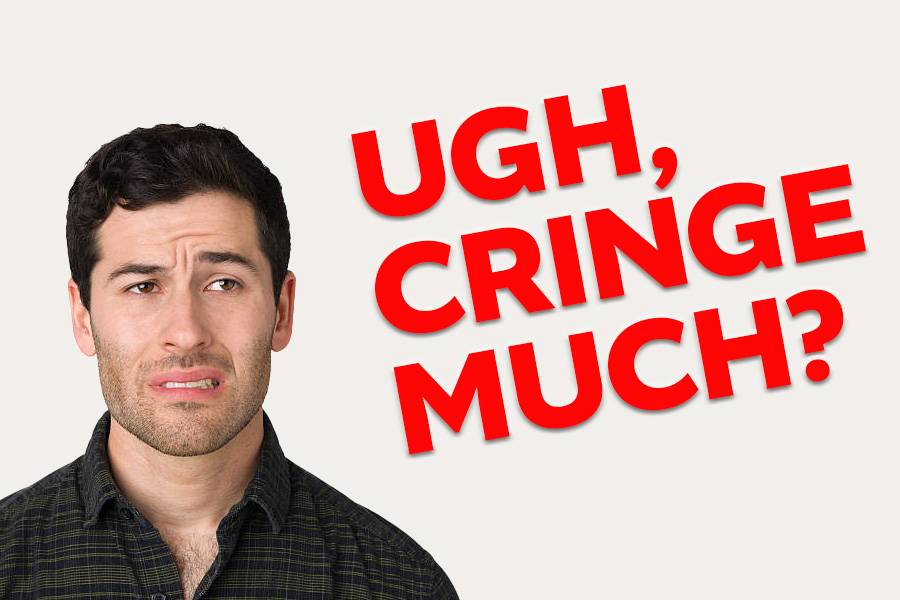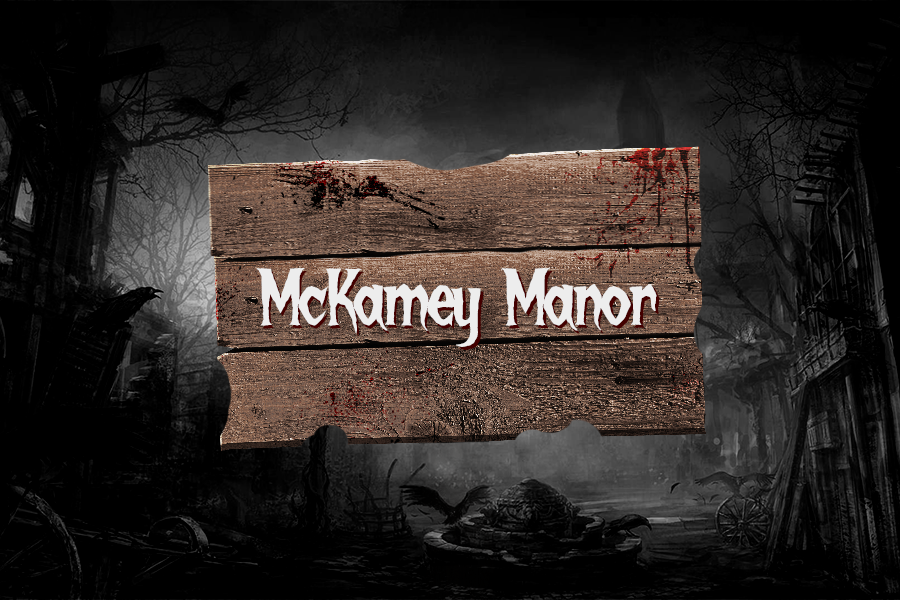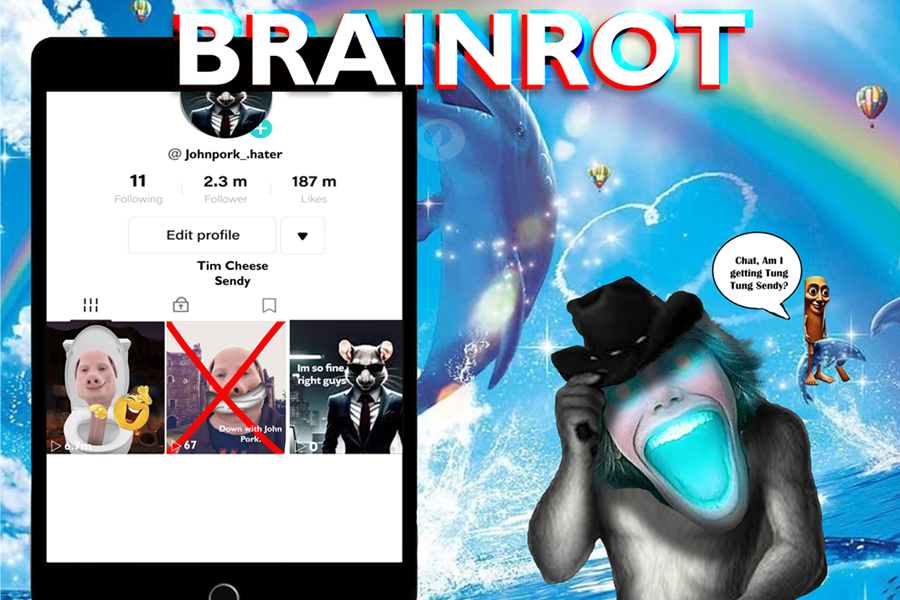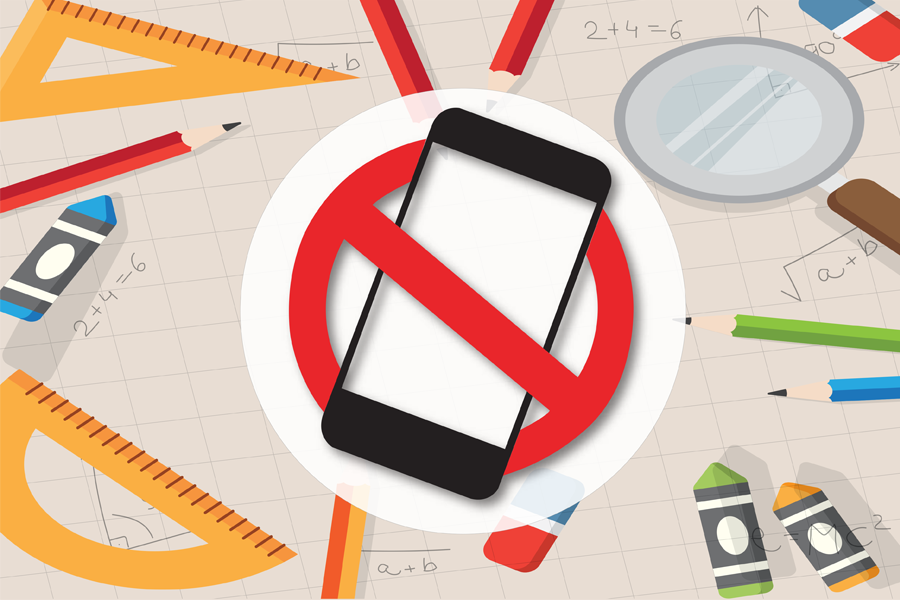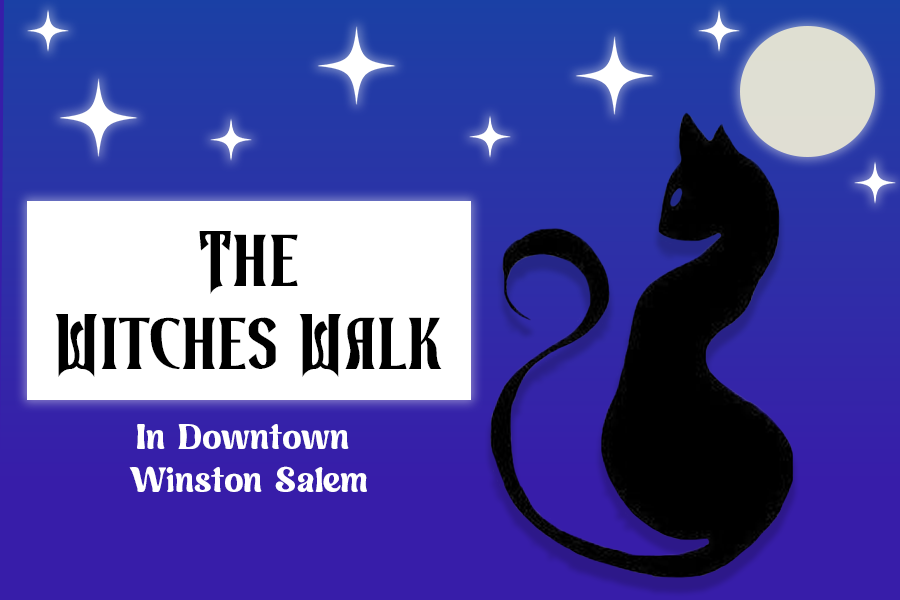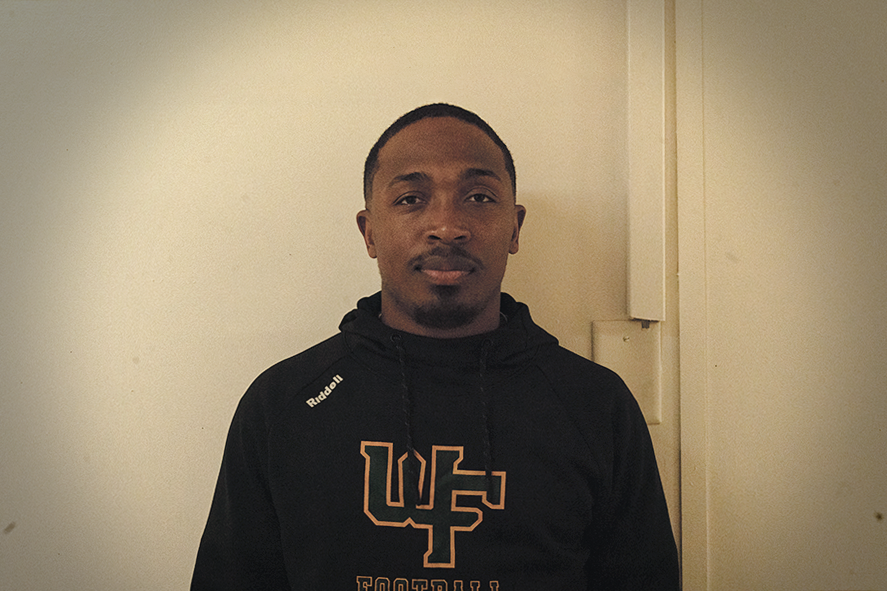We’ve all had moments or memories we wish we could take back or instances of harrowing second-hand embarrassment, and no matter how you feel in that, you’re surely not alone. It’s inevitably human. These situations are characterized by an inward feeling of what we know as “cringe.” But in recent years, the word has taken on a new definition, one seeming to describe anything that defies societal norms or expresses even slight inklings of passion. Now, we know ridicule has been existent for as long as we can remember, but it is now being deceivingly masked by this single, innocent-sounding word, the trend difficult to defeat.
While cringe-worthy moments used to instinctively strike empathy for the shamefaced, the concept of “cringe” has transformed into a means of taunting others to “feel better” about ourselves, because at least we’re not the person on the screen everyone’s laughing at without even knowing it. Ultimately, this endeavor has the opposite effect, since it causes viewers to become more hyper-aware of our own behaviors in order to maintain a ‘bulletproof’ reputation. But the truth is, no one’s safe. From social reformers, feminists, neurodivergent people, the LGBTQ+ community, the disabled to even the “common man,” it seems society searches for every sliver of atypicality it can grab hold of, just for the sake of conversation and relatability.
The term “brain rot,” which just so happened to be the ‘top word’ of 2024, is deeply associated with the word cringe, and the two are practically synonymous in this age. Both offer individuals an “invitation to contempt,” and most take the bait. With this temptation comes an unforeseen obsession with avoiding any mannerisms that may be seen in the stereotypes we mock, and therefore accomplishes the dehumanization of both the viewer and the viewed by placing rigid expectations on self-conduct. This is especially detrimental to teens, since they are considerably impressionable and self-conscious to begin with. No matter how hard anyone tries to express themselves, it seems impossible to meet everyone’s mark. And while this is true, that not everyone will like or agree with any notion, it is harmful to see all of its vast negativity first-hand with just a click on the comments’ section. With society scared to say or do the ‘wrong’ thing, the culture of isolation that was first introduced with the effects of COVID-19 and quarantine grows only stronger.
Though it may sound counter-intuitive, prioritizing one’s own individuality can lead to a stronger ability to create deeper relationships; and ones that aren’t tainted with fear of neglect or shame at that. It seems the art of wit is dead, and it is our job to bring it back, instead of degrading others for our own amusement. “Cringe” is yet another example of just how destructive online comparison can be, and we must try our best to steer-clear of its consequences.


